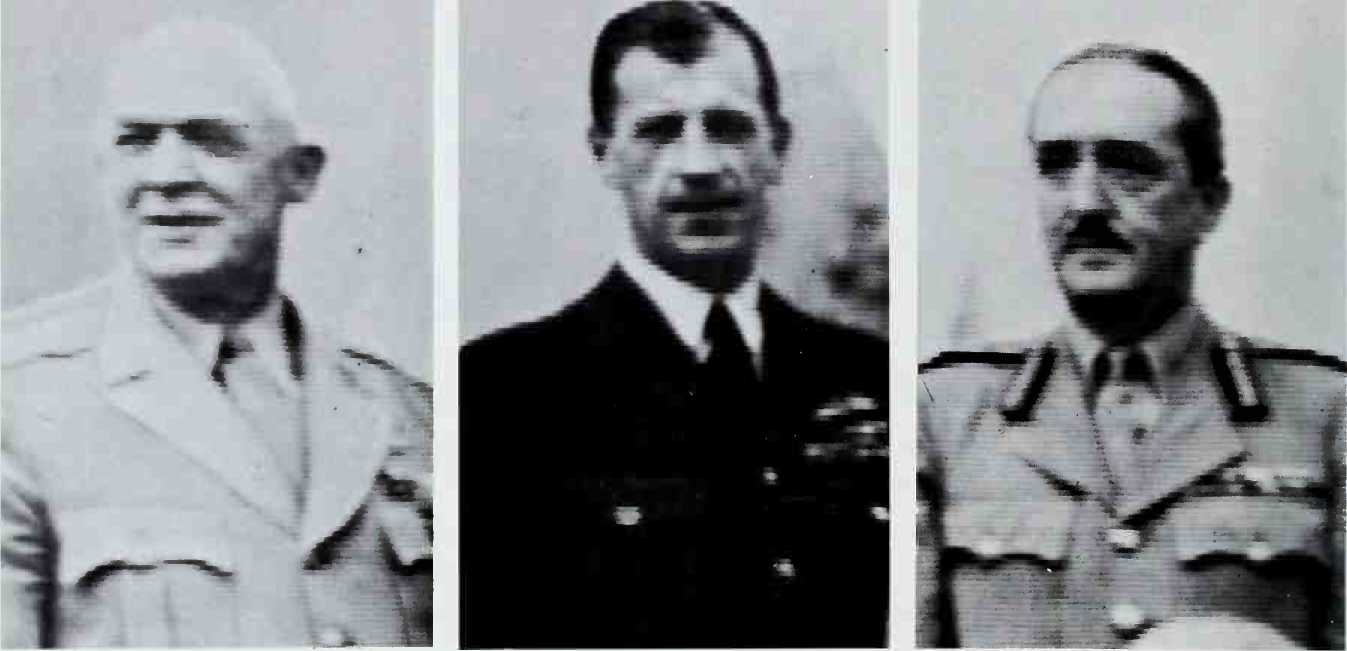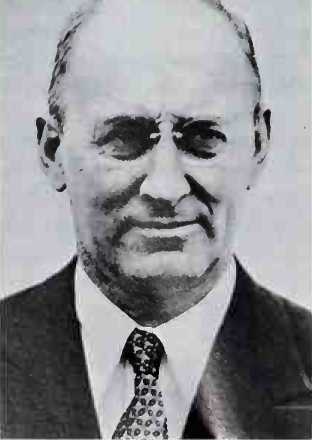During the "Octagon” Conference the notorious Morgenthau Plan (named after its author, the Secretary of the Treasury) was discussed.
Since the beginning of August, Eisenhower had been requesting instructions on the attitude to be adopted after the German defeat, and the War Department sent him a note on the subject, asking him to make his observations. However, a member of Eisenhower’s staff committed the double indiscretion of getting hold of a copy of this memorandum and sending it to Henry Morgenthau. Morgenthau had wormed his way into the President’s favour to such an extent that he was the only member of his cabinet to call him by his first name.
After the cabinet session of August 26, 1944, James V. Forrestal, the Secretary of the Navy, noted in his valuable diary:
"The Secretary of the Treasury (Henry Morgenthau, Jr.) came in with the President with whom he had had lunch. The President said that he had been talking with the Secretary of the Treasury on the general question of the control of Germany after the end of the war. He said that he had just heard about a paper prepared by the Army and that he was not at all satisfied with the severity of the measures proposed. He said that the Germans should have simply a subsistence level of food-as he put it, soup kitchens would be ample to sustain life-that otherwise they should be stripped clean and should not have a level of subsistence above the lowest level of the people they had conquered.
"The Secretary of War (Henry L. Stim-son) demurred from this view, but the President continued in the expression of


A The principal military participants in the "Octagon” Conference. Discussion here included the part Britain was to play in the war against Japan, and initial agreement was reached over Allied occupation zones in post-war Germany.
V Henry Morgenthau Jr., U. S. Secretary of the Treasury and author of the Morgenthau Plan for the treatment of Germany after the war. In this, German factories were to be dismantled, mines flooded, raw materials cut off, and the people were to live by subsistence farming. At the conference, Churchill and Roosevelt endorsed this Plan.

This attitude and finally said he would name a committee composing State, War, and Treasury which would consider the problem of how to handle Germany along the lines that he had outlined, that this committee would consult the Navy whenever naval questions were involved.” According to the plan, Germany would not only have her factories, in particular her steel plants, dismantled, but all her raw material resources also cut off, because she would be permanently forbidden to mine coal and iron ore. Her mines were to be flooded and the German people would have to subsist on crops and cattle-breeding as in the early times of the Holy Roman Empire. Secretary of State Cordell Hull and Secretary of War Henry L. Stimson were firm in their objections, but Roosevelt remained obstinate and, leaving his diplomatic chief in Washington, took Morgenthau with him to the Quebec Conference. It is interesting to note the reception given by Churchill to this inhuman and preposterous project.




 World History
World History









